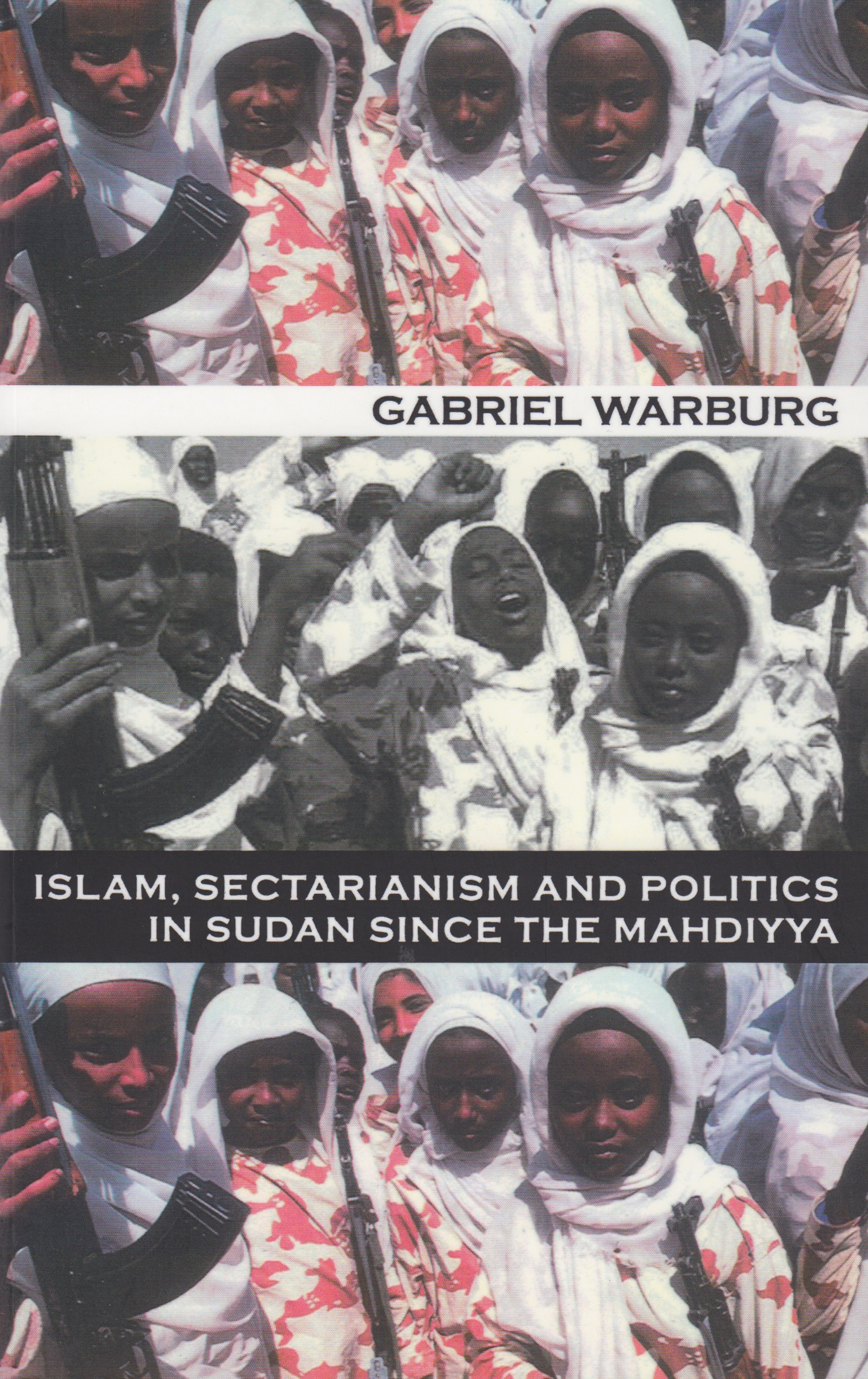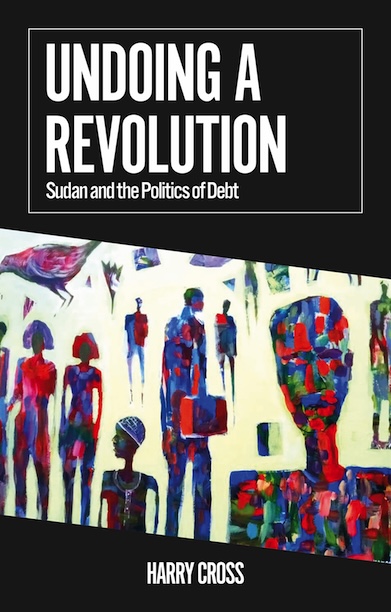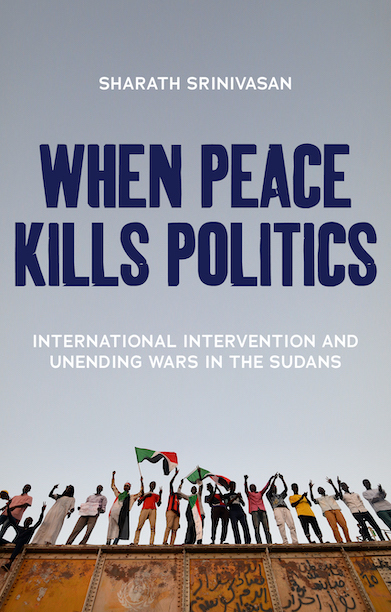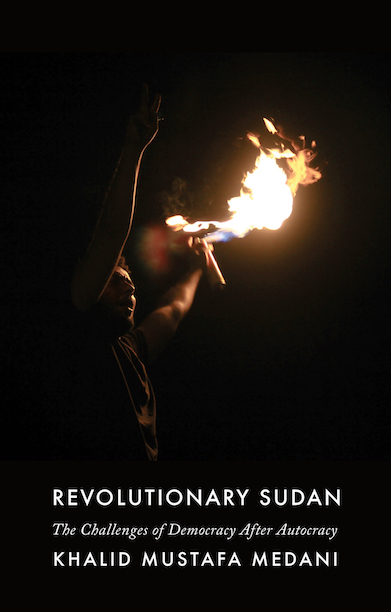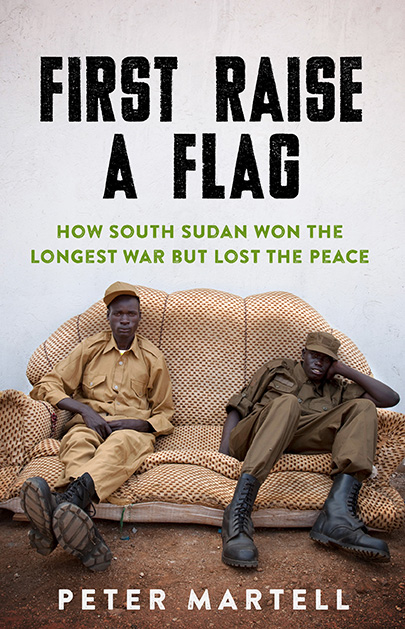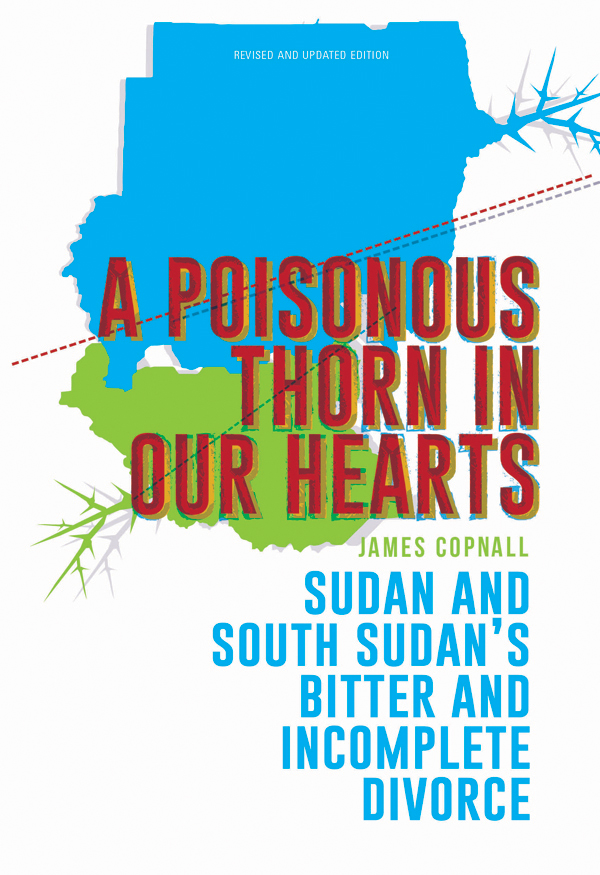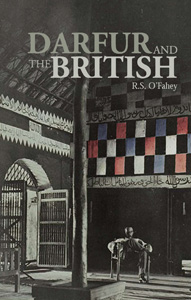Islam, Sectarianism and Politics in the Sudan Since the Mahdiyya
‘Informative and intensively researched, Islam, Sectarianism and Politics in the Sudan Since the Mahdiyya meticulously tackles the issue of Islam and politics during the contemporary era.’—Dr Abdel Salam Sidahmed
Description
Why another study of Islam and politics in Sudan? The unique history of Sudan’s Islamic politics suggests the answer. The revolt in 1881 was led by a Mahdi who came to renew and purify Islam. It was in effect an uprising against a corrupt Islamic regime, the largely alien Turco-Egyptian ruling elite. The Mahdiyya was therefore an anti-colonial movement, seeking to liberate Sudan from alien rule and to unify the Muslim Umma, and it later evolved into the first expression of Sudanese nationalism and statehood. Post-independence Islamic radicalism, in turn, can be viewed against the background of the Anglo-Egyptian Condominium (1899-1956). It also thrived as a result of the resurgence of Islam since the mid-1960s, when Nasserism and other popular ideologies were swept aside. Finally, Sudan has emerged as the centre of militancy in Sunni Islam since June 1989, when a group of radical Islamic officers, under the guidance of Dr Hassan al-Turabi and the NIF, assumed power. In Warburg’s view, the determination to enforce an Islamic state and an Islamic constitution on a multi-religious and multi-ethnic society has led to prolonged civil war, endless military coups and political, social and economic bankruptcy.
Reviews
‘… very informative and intensively researched […] meticulously tackles the issue of Islam and politics during the contemporary era […] will be well received by all interested in Sudan’s affairs and the issue of Islam in politics.’ —Dr Abdel Salam Sidahmed
Author(s)
Gabriel Warburg is former Vice Chancellor of the University of Haifa. He has written extensively on the history of Sudan
